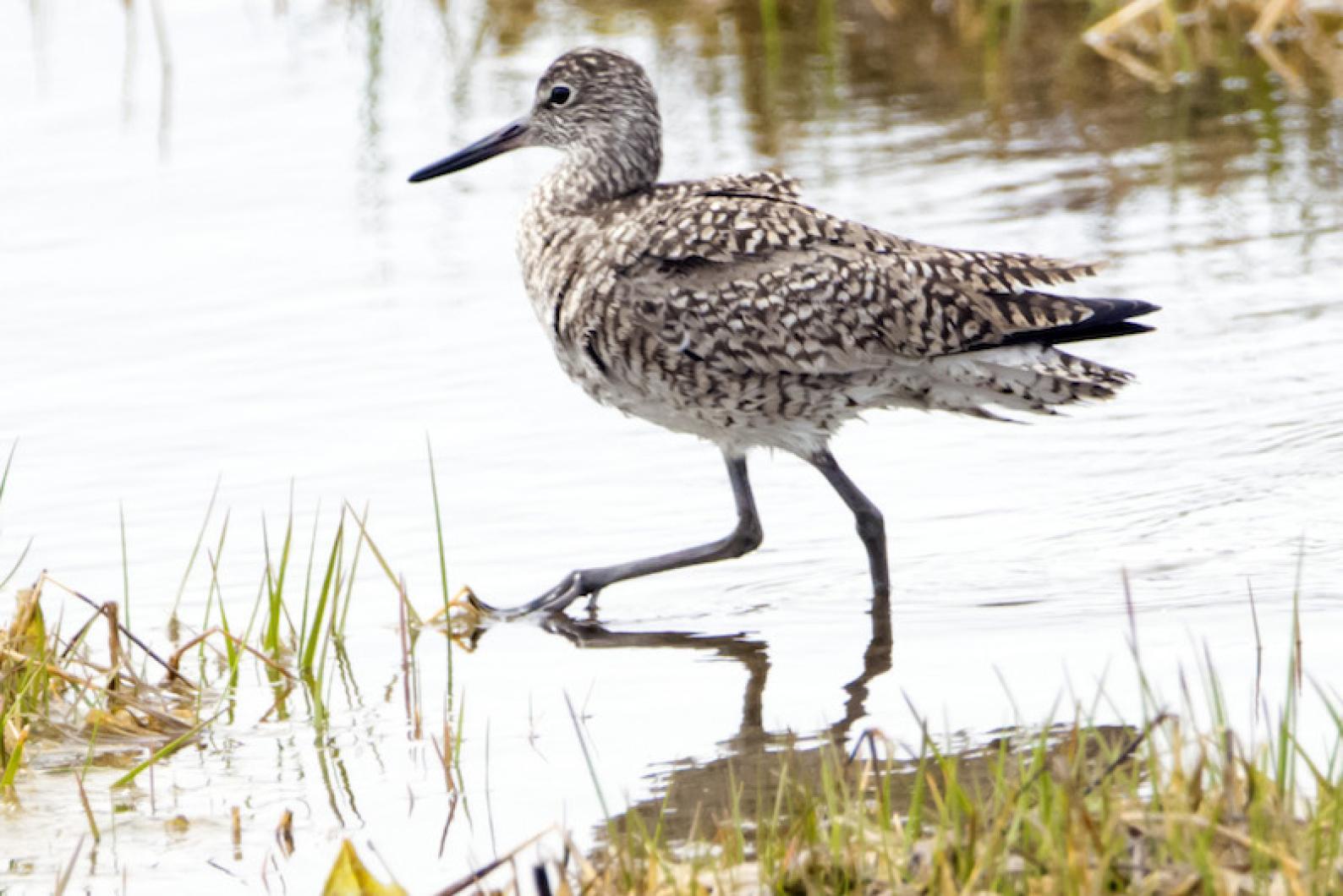The Vineyard’s coastal ponds are at a tipping point, many of them over their safe carrying capacity for nitrogen. And now that many of the problems have been studied and identified, what can be done to save the ponds?
On Thursday this week the Martha’s Vineyard Commission will host a daylong conference with key policymakers and leading experts in the marine science fields in what is intended to be a provocative, wide-ranging discussion about developing solutions to the problems.
Titled Cleaning Up Our Waters, the innovation alternative conference runs from 9 a.m. to 3 p.m. at the Grange Hall in West Tisbury.
Speakers will include Maggie Theroux from the Environmental Protection Agency, Brian Howes, senior marine biologist at the University of Massachusetts at Dartmouth who has led the Massachusetts Estuaries Project, Richard Karney, executive director of the Martha’s Vineyard Shellfish Group, and Michael Loberg from the Island boards of health.
The conference, which will include exhibits, was planned and developed by MVC executive director Adam Turner, who has made coastal ponds a top priority for the commission this year. MVC chairman Jim Vercruysse will make introductory remarks.
More than two dozen coastal ponds span the periphery of the Vineyard. Home to shellfish, finfish, nesting birds and diverse plant communities, they form a vital part of the Island economy and ecosystem.
Much work has been done in the past decade, including through the Massachusetts Estuaries Project, to develop a nitrogen profile for nearly every Island saltwater pond.
“We’re pretty clear that we’ve got a problem, ” said Mr. Turner on Monday. “So now the main question is what are we going to do? We decided to really focus on that by hosting a one-day workshop on solutions.”
The Gazette published a special report between August and November last year examining the coastal ponds issue in depth. The story series Coastal Ponds Under Pressure appears on the Gazette website.







Comments (3)
Comments
Comment policy »